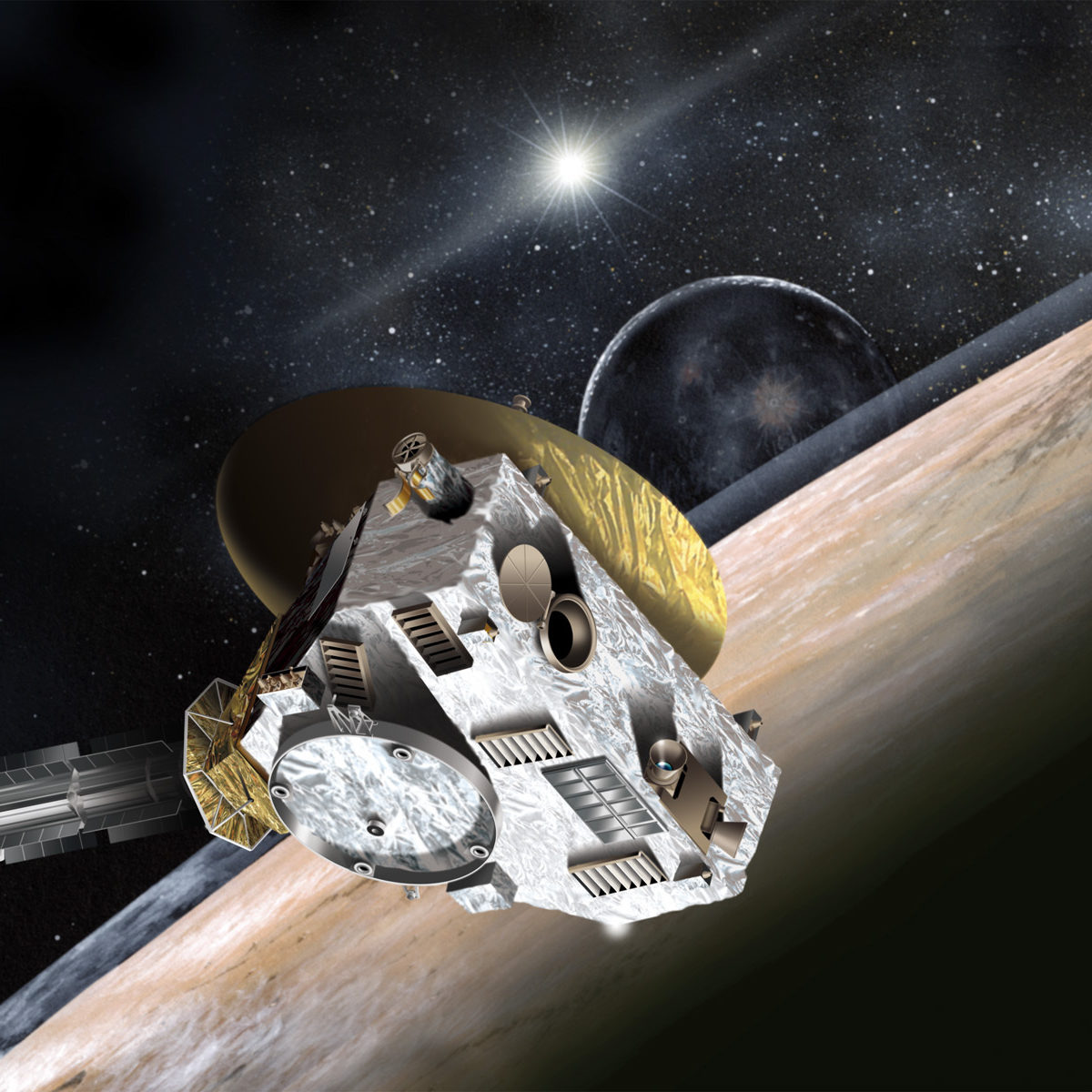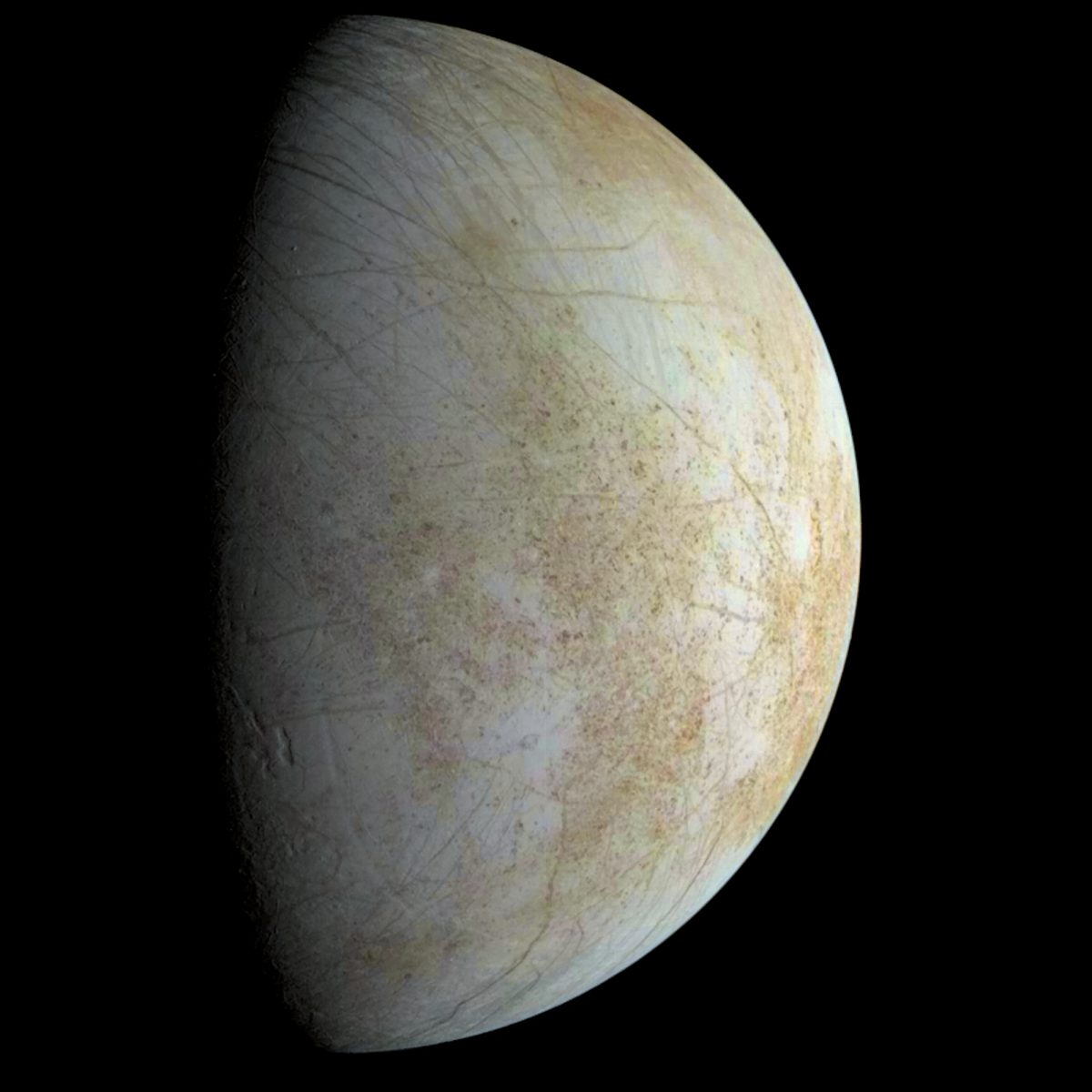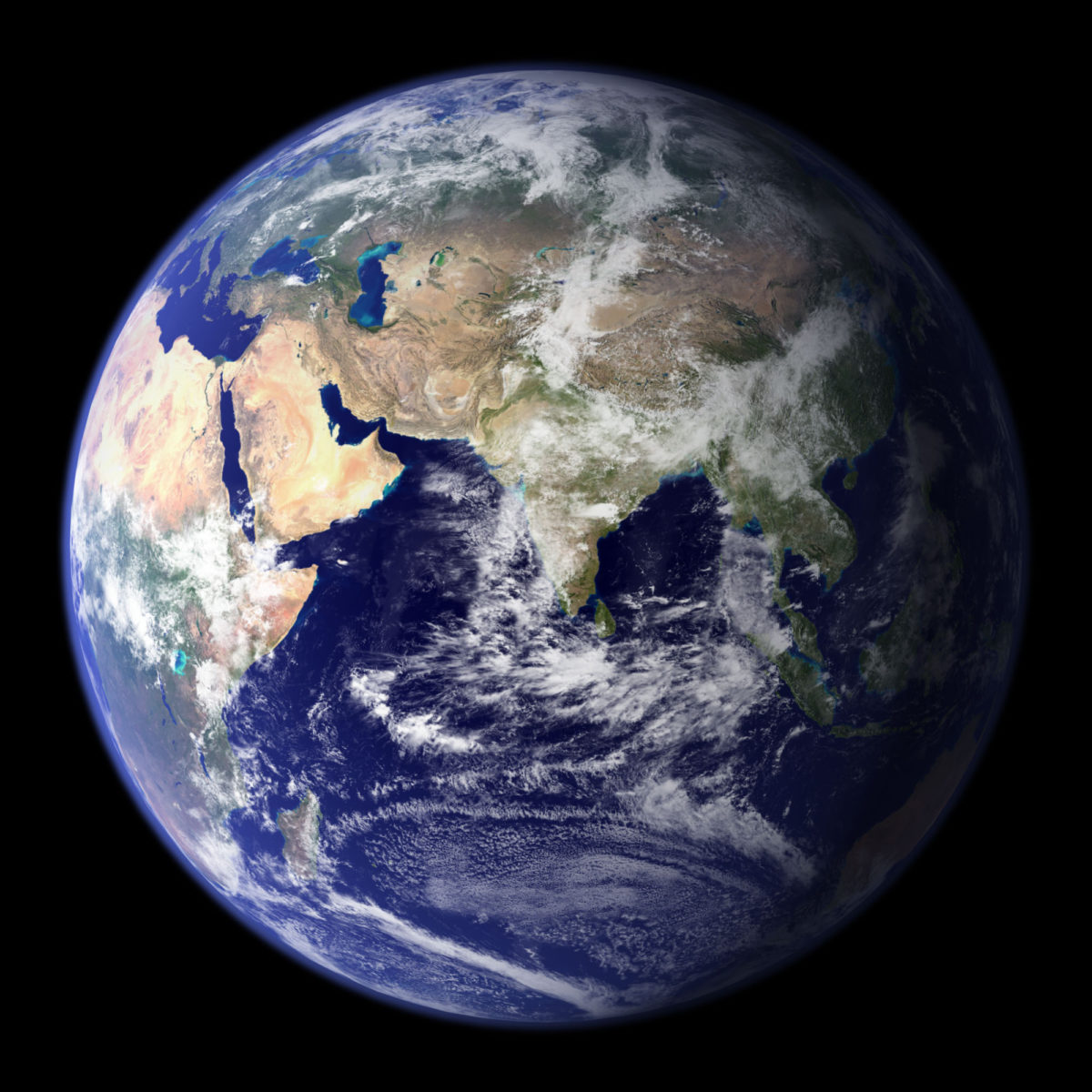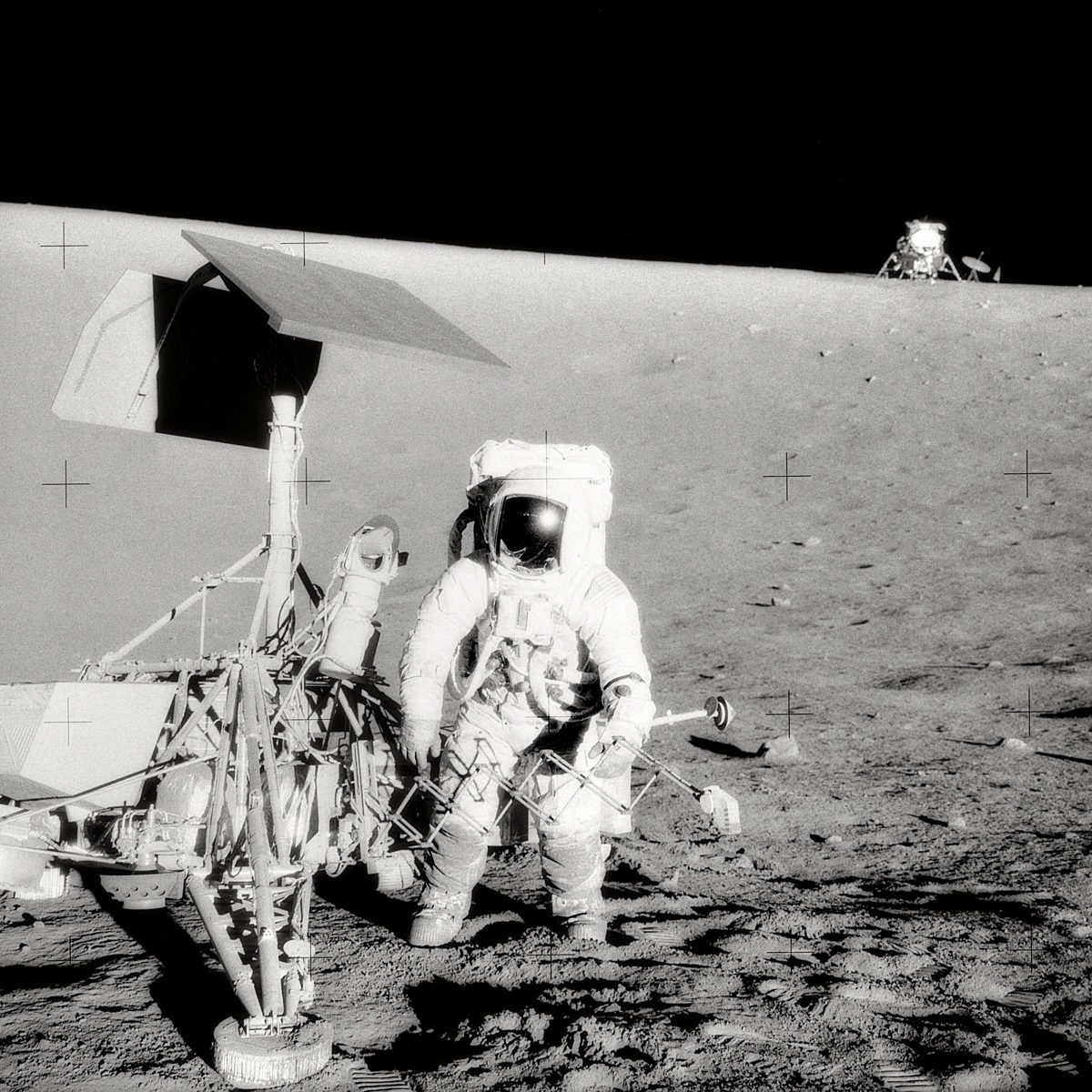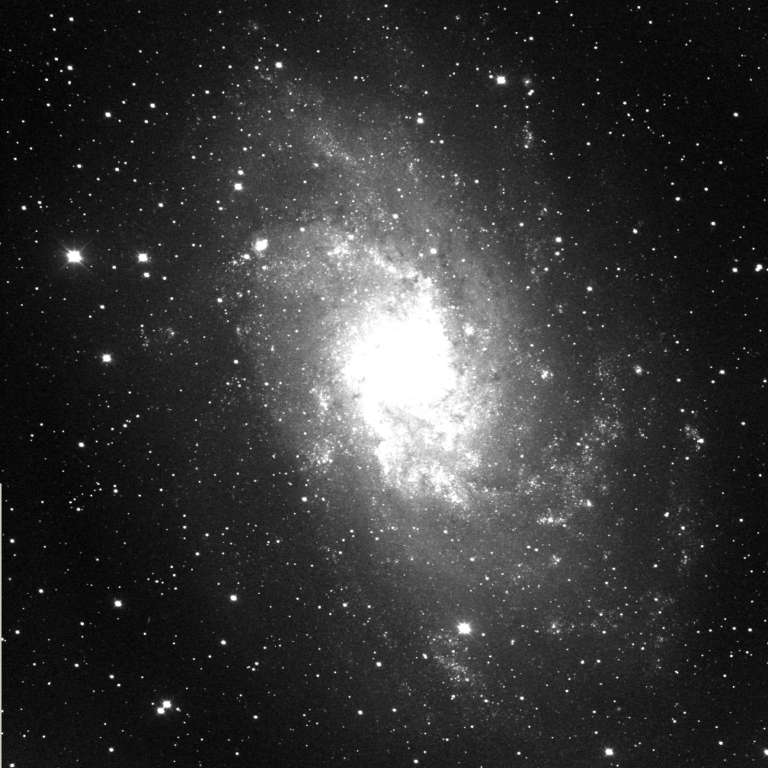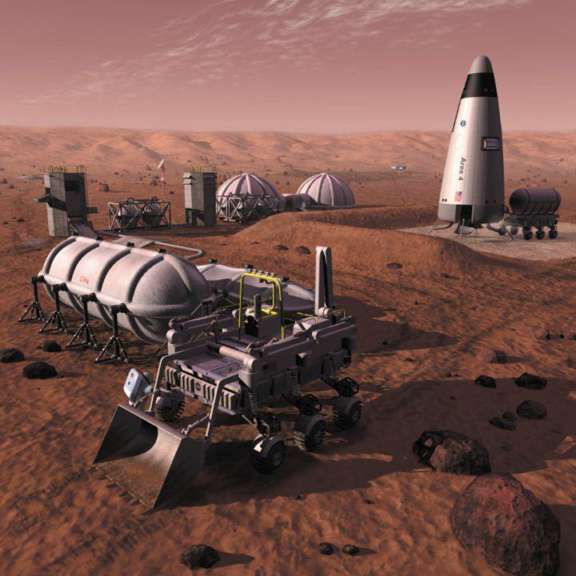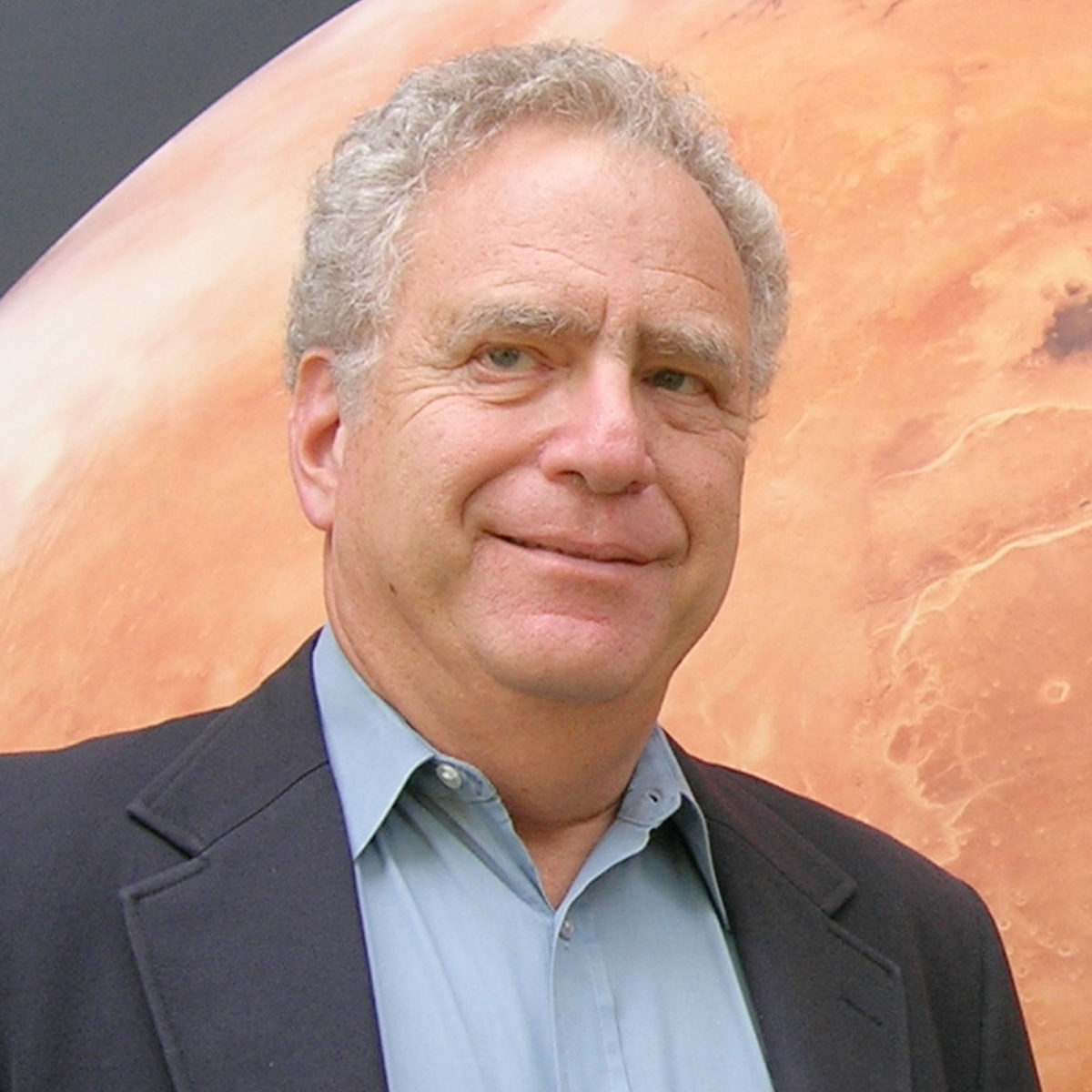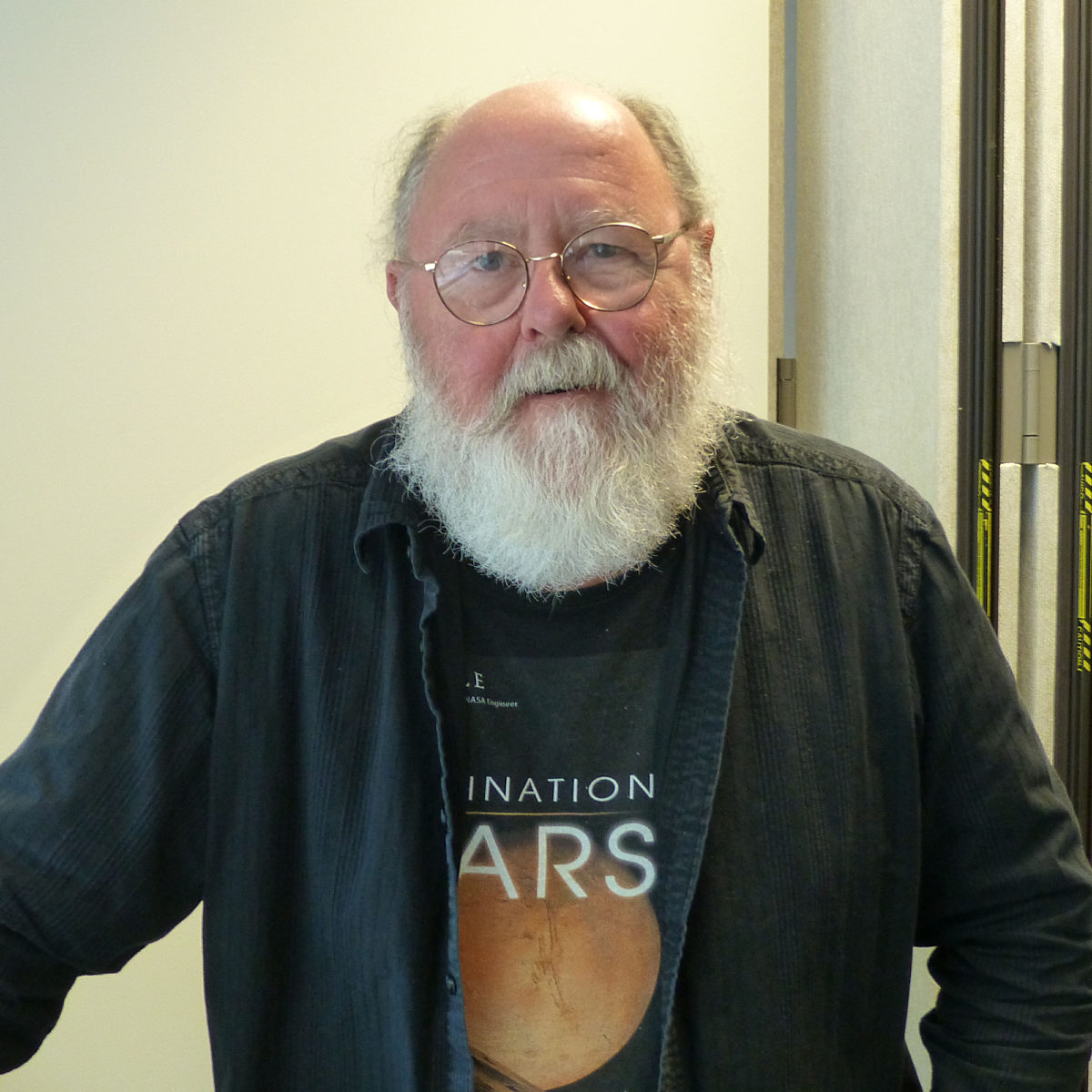Since 2002, Planetary Radio has visited with a scientist, engineer, project manager, advocate, or writer who provides a unique perspective on the quest for knowledge about our Solar System and beyond. The full show archive is available for free.
Search Planetary Radio
The Planetary Society’s experts look forward to a great year of firsts in the solar system and beyond.
NASA’s Orion spacecraft has taken its first step toward Mars and an asteroid mission. The Planetary Society’s Jason Davis was at the Kennedy Space Center for the December 5 mission.
Spoiler alert. Famed physicist Kip Thorne says you might be able to survive a plunge into a black hole after all! That’s just one molecule of the fascinating science behind the science fiction film he helped create. We’ll talk about the movie and Kip’s new book, “The Science of Interstellar.”
It was a terrible, tragic week for commercial space development. Historian and space policy analyst John Logsdon helps up understand the greater meaning of the SpaceShipTwo and Antares disasters on this special edition of Planetary Radio, with additional thoughts from Bill Nye.
The Chairman of the powerful Science, Space and Technology Committee in the U.S. House of Representatives joins us for a talk about planetary science, Europa, a human flyby of Mars and much more.
Explore Mars wants to look for life on the Red Planet. Not past life. Life thriving under the Martian surface right now. Chris Carberry will tell us how the ExoLance project might find it.
In his 55 years as NBC’s space correspondent, Jay Barbree has won the respect and friendship of many astronauts. Neil Armstrong stands above them all. Now Jay has created this very personal chronicle about his friend, with help from Neil and many of the other pioneering spacefarers.
There’s so much we don’t know about the origin of life here or anywhere else in the universe. But there must have been an energy source. Researcher Laurie Barge led work that simulated the natural formation of a fuel cell that may have taken place in Earth’s primordial oceans.
The National Research Council released its long-awaited report June 4th. Distinguished space policy analyst John Logsdon returns to Planetary Radio with his take on this latest attempt to determine the proper role of humans in space.
Astronomers Without Borders Founder and President Mike Simmons and his colleagues share the passion, beauty and joy of the night sky from Argentina to Zambia.
Planetary Radio visited Spacefest in Pasadena to talk with planetary scientist and space artist Dan Durda, Marc Rayman of the Dawn asteroid mission, and a guy who calls himself the Space Cowboy. We also eavesdrop on Apollo 17 Commander Gene Cernan and his lifelong fan, Griffith Observatory Curator Laura Danly.
Planetary Radio visits the 33rd ISDC to talk with three explorers who’ve set their sights on the Red Planet: MD and space medicine researcher Susan Jewell, Meteorite Man Geoff Notkin, and Mars Program Formulation Office Manager at the Jet Propulsion Laboratory, Charles Whetsel.
Join the party as we celebrate the 53rd anniversary of humanity’s transition to spacefaring species with Yuri’s Night Executive Director Loretta Hidalgo Whitesides, Virgin Galactic CEO and Yuri’s Night co-founder George Whitesides, and astronaut Ron Garan, who heads Fragile Oasis.
You may have heard that the sometimes deadly Salmonella bacterium becomes stronger in microgravity. Cheryl Nickerson tell us about this and other results her team has conducted in low Earth orbit.
NASA scientist Harley Thronson tells us about a new initiative that is figuring out how we will get men and women to the red planet at a reasonable price. You can read their initial report. Emily Lakdawalla reports on Curiosity’s passage over dunes that made engineers nervous. Bill Nye reveals NASA’s plans for a lunar rover that may launch in 2018. Mat Kaplan joins Bruce Betts in a TV studio to record this week’s What’s Up segment. You can watch!
Our celebration of the Mars rovers continues from Southern California Public Radio’s Crawford Family Forum, this week featuring planetary scientist and author Jim Bell, Curiosity Project Scientist John Grotzinger, JPL Mars Engineering Manager Rob Manning and Planetary Society CEO Bill Nye. Emily takes us to Curiosity’s latest find on the red planet, and Bruce Betts joins Mat to gaze at the night sky and give away ISS-Above, the little device that tells you when the International Space Station is overhead.
“Starship Century—Toward the Grandest Horizon” is the new collection of fact and fiction assembled by Gregory and James Benford. The brothers are among the leaders of a renaissance in research and thinking about interstellar travel. They have returned to Planetary Radio to talk about this story of human destiny among the stars.
Only days after Voyager 1 reached interstellar space, forward thinkers met in Houston, Texas to consider how humans can become a starfaring species. Planetary Society Emeritus Executive Director Lou Friedman reports from the meeting.
Leonard David has been writing about space exploration for more than five decades. Now he has turned his attention to China’s ambitious plans.
If you’re willing to accept the premise, the thrilling new independent feature film presents one of the most scientifically and technically accurate tales ever put on screen. We’ll talk with the director and producer, and then ask science advisor Kevin Hand for a reality check.


 Explore Worlds
Explore Worlds Find Life
Find Life Defend Earth
Defend Earth


